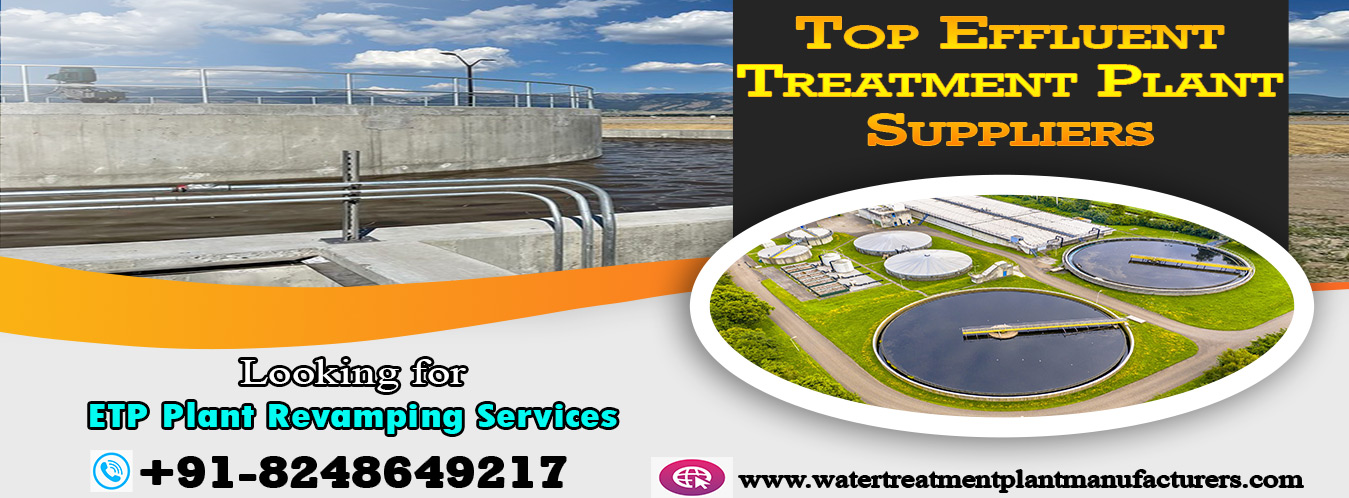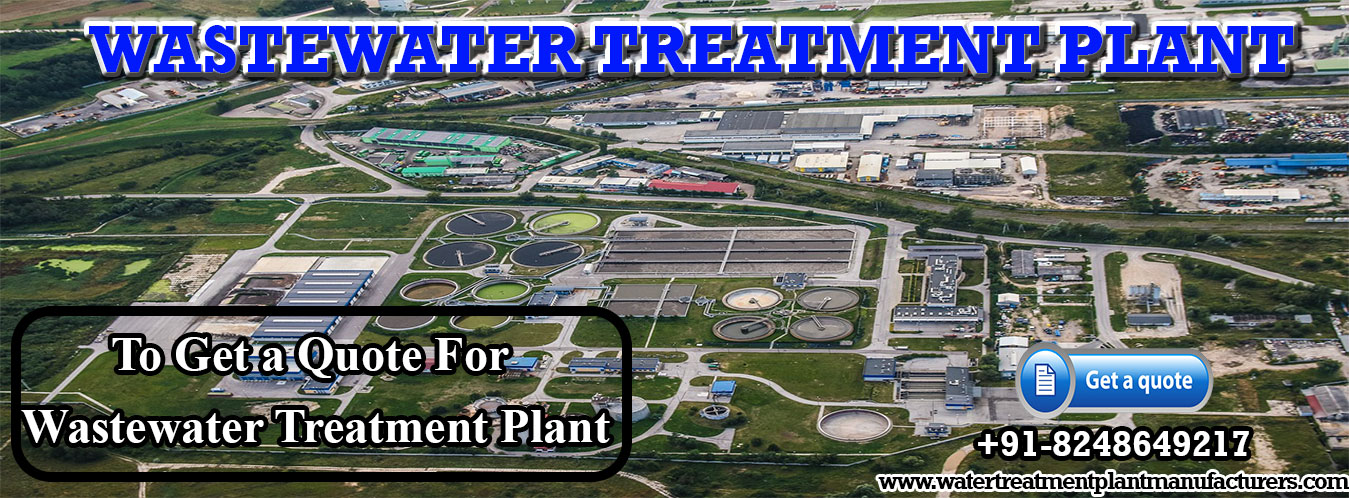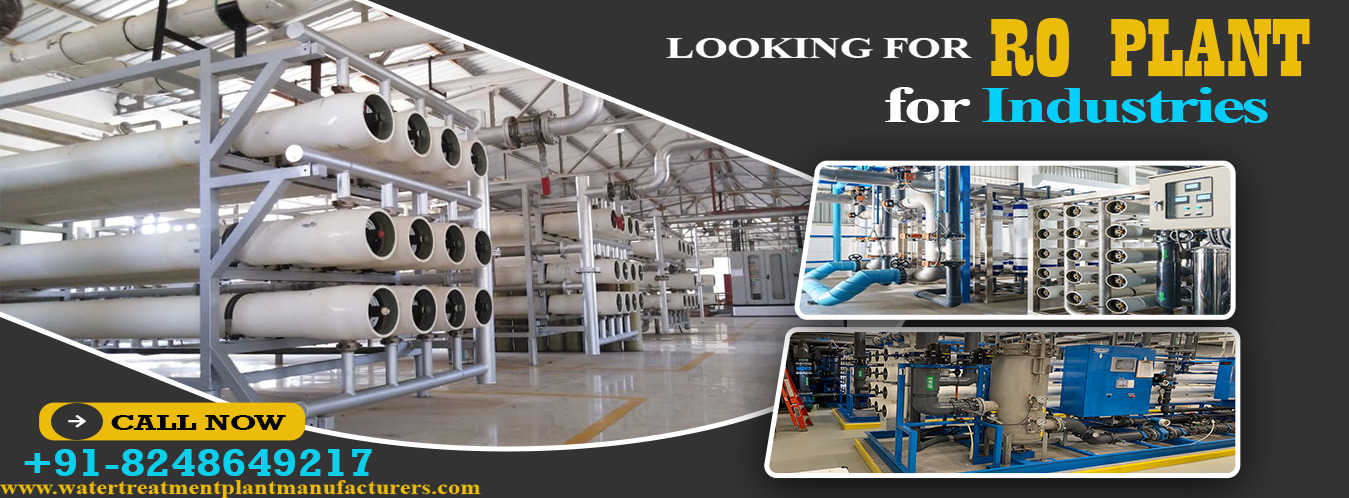
WELCOME
GJ WATER TECHNOLOGIES

WELCOME
GJ WATER TECHNOLOGIES

WELCOME
GJ WATER TECHNOLOGIES

WELCOME
GJ WATER TECHNOLOGIES
A Packaged Effluent Treatment Plant (ETP) is a pre-engineered and pre-fabricated wastewater treatment system designed to treat industrial or municipal effluent (wastewater) before it is discharged into the environment. It is a compact and modular system that is easy to install and operate.
The primary purpose of a Packaged ETP plant is to treat wastewater to remove contaminants, pollutants, and harmful substances, ensuring that the effluent meets regulatory standards and can be safely discharged into water bodies or reused for non-potable purposes.
A typical Packaged ETP includes several components such as screens, clarifiers, biological treatment units (like activated sludge or biological filters), chemical dosing systems, settling tanks, and disinfection units. The specific components may vary depending on the application and requirements.
Packaged ETPs are used in various industries, including manufacturing, textiles, food processing, chemical, pharmaceuticals, and more. Essentially, any industry that generates wastewater with contaminants can benefit from using a Packaged ETP to treat their effluent.
Packaged ETPs use a combination of physical, chemical, and biological processes to treat wastewater. The wastewater undergoes screening to remove large solids, followed by primary treatment to settle out suspended solids. Then, biological processes break down organic matter, and chemical dosing may be used for pH adjustment and chemical precipitation. Finally, disinfection is typically employed to kill harmful microorganisms before discharge.
Compact and space-efficient design.
Quick installation and startup.
Easy maintenance and operation.
Compliance with environmental regulations.
Potential for wastewater reuse, reducing water consumption.
Yes, Packaged ETPs can be customized based on the type and volume of wastewater generated by a particular industry. Engineers can design systems that meet the specific requirements and effluent quality standards of the client.
Routine maintenance includes checking equipment, replacing consumables like filter media or chemicals, and monitoring effluent quality. The frequency of maintenance depends on the system's design and usage.
Yes, using Packaged ETPs helps reduce pollution and protects the environment by treating industrial effluent before it enters natural water bodies. It also promotes sustainable water management through potential effluent reuse.
The cost of a Packaged ETP varies depending on factors like capacity, complexity, customization, and local regulations. It's essential to consider both the initial investment and ongoing operational costs when evaluating the feasibility of such a system.
While some Packaged ETPs are designed for ease of operation and can be managed by trained personnel within the facility, larger or more complex systems may require professional operators or maintenance contracts.
Depending on your location and industry, there may be government incentives, grants, or tax benefits available for implementing wastewater treatment systems that meet environmental standards. It's advisable to research local regulations and incentives.
ETP Plant represents Effluent Treatment Plant, is a cycle which is designed for treating the industrial wastewater for making it reusable or safe release into the nature. It accepts untreated industrial wastewater as influent and subsequent to treating it produces the effluent because of treated industrial wastewater. During the treatment cycle it likewise isolates sludge.
Effluent Treatment Plants are utilized by all driving industries to treat their wastewater. All the main pharmaceutical, chemical, material, and other industry that create the wastewater utilized ETP's to sanitize water and eliminate any non harmful or poisonous materials or chemical from it. Every one of the companies utilized these plant to keep the public authority rule, and for climate protection.
ETP Plant assumes a vital part for treating the industrial wastewater. ETP are for the most part used to get the industrial wastewater make it reusable water or to safe release in to the climate. Presently Days it's obligatory for each industry to Introduce ETP Plants according to unofficial laws to treat their waste and wastewater for making it more reusable or for safe release into the nature.
Wastewater release plants are utilized to treat wastewater prior to delivering it into the climate. Keeping a wastewater release plant is fundamental since they are significant in guaranteeing that the climate stays clean. The main thing you ought to do is ensure that the effluent release plant gathers the wastewater and never returns it to the climate.
To reuse the water for additional purposes, the emanating treatment plant filters harmful material, contaminated water from streams and lakes, and so on. These are many times utilized in enterprises where there is a gamble of serious water contamination, like drugs, materials, tanneries, and synthetic chemicals. Prior to delivering them back to nature, such treatment plants guarantee that the dirtied and poisonous water from industrial facilities is dealt with.
